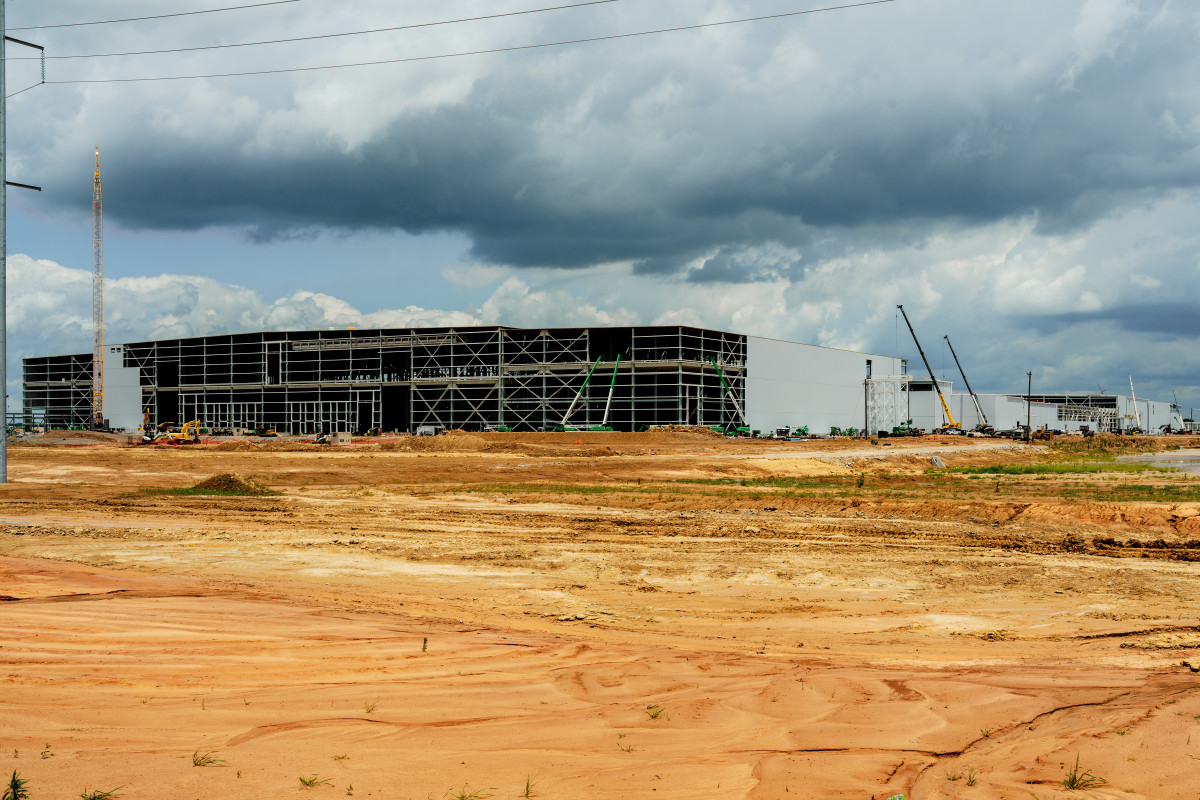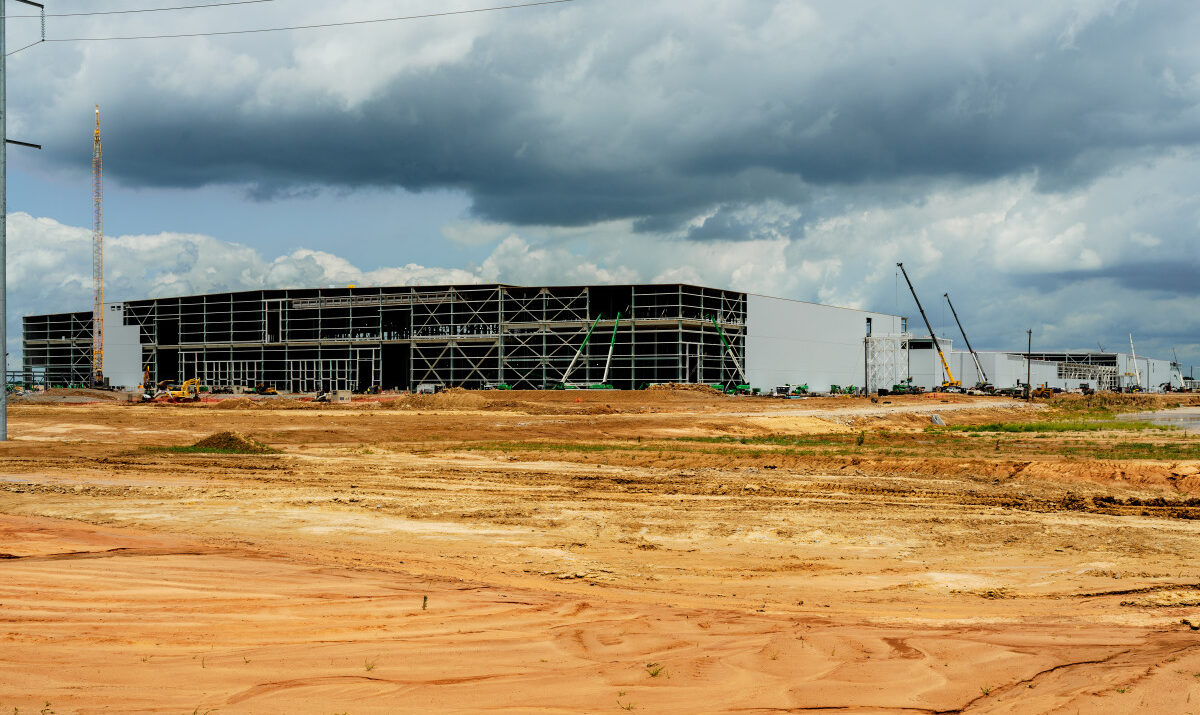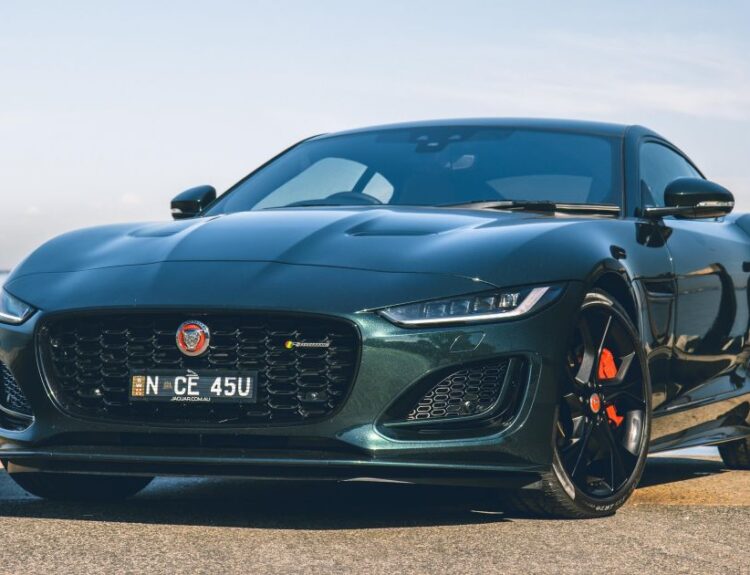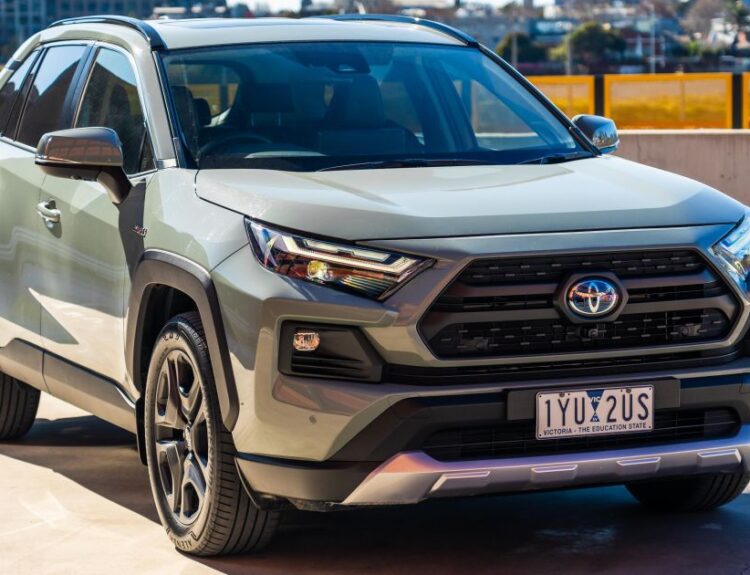
In a groundbreaking development, the U.S. Department of Energy (DOE) has officially approved a $9.63 billion loan to BlueOval SK, a collaborative venture between Ford Motor Company and South Korea’s SK On. Announced on Monday, this significant funding will facilitate the establishment of three large-scale electric vehicle (EV) battery manufacturing plants in Kentucky and Tennessee, marking a pivotal moment in America’s quest for self-sufficiency in EV production amid a global shift away from fossil fuels.
This loan, the largest ever awarded under the Advanced Technology Vehicles Manufacturing (ATVM) program, underscores the Biden administration’s determination to position the U.S. as a frontrunner in EV technology and production, particularly ahead of the impending transition of power to the Trump administration.
Related: The Honda Prelude Returns After 24 Years—But There’s a Twist
The Cost of Building an EV Ecosystem
The ambitious BlueOval SK initiative is projected to yield over 120-gigawatt hours of battery production capacity annually across its three sprawling facilities, each covering an impressive four million square feet.
The Ford and SK On battery manufacturing complex is currently under construction near Stanton, Tennessee, as of September 20, 2022.
— Bloomberg/Getty Images
Ford and SK On have already committed in excess of $11 billion to this endeavor, with operations at the first plant in Kentucky anticipated to commence in 2025, while the Tennessee operation is set to follow suit later that year.
“This initiative is essential to ensuring that the United States remains a competitive player on the global stage,” remarked Jigar Shah, director of the DOE Loan Programs office, in a recent interview with Reuters. “China has long leveraged low-cost financing to establish broad manufacturing capabilities, leading to economic struggles in communities across Kentucky, Tennessee, and nationwide.”
Related: My First Experience with an EV
Accelerating Federal Support for Electric Vehicles
The Biden administration is intensifying its push to finance domestic EV initiatives in anticipation of President-elect Donald Trump’s forthcoming administration. Trump’s campaign has been openly critical of federal subsidies for EV production, magnifying the urgency for projects like BlueOval SK to secure essential funding before the landscape potentially shifts.
This landmark loan is part of a broader pattern of significant federal investments in the EV sector. Earlier this month, the DOE unveiled a $7.54 billion conditional loan for a Stellantis and Samsung SDI battery collaboration in Indiana. Meanwhile, Rivian has recently procured a $6.6 billion loan to revive its stalled manufacturing operations in Georgia.
Related: Evaluating Today’s Most and Least Reliable Car Brands
Ford’s Strategic Positioning
The BlueOval SK partnership is pivotal for Ford in maintaining its competitive edge within the burgeoning EV market. The demand for its electric models, particularly the Mustang Mach-E, has been strong. By securing a reliable domestic battery supply chain, Ford plans to scale production and diminish its dependence on overseas components.
Enhanced local production of EV components aims not only to bolster efficiency but also to help lower the costs of electric vehicles, which presently carry a premium compared to traditional gas-powered models.
Related: Is a Custom Classic Land Rover 110 Worth $265,000?
Rivian and the Expanding EV Landscape
The launch of the BlueOval SK project coincides with similar movements among other EV manufacturers seeking federal support for their ambitious endeavors. Rivian, the California-based startup, intends to utilize its $6.6 billion DOE loan to reactivate its previously shelved EV production facility in Georgia.
The Rivian plant, positioned near Social Circle, Georgia, is projected to begin production in 2028, with a focus on the company’s forthcoming R2 and R3 models. Designed to cater to a mass-market audience, these midsize SUVs are expected to offer competitive pricing compared to Rivian’s other offerings.
“This funding will generate thousands of new jobs within the United States and will further amplify U.S. leadership in EV manufacture and technology,” stated RJ Scaringe, the CEO of Rivian. “A robust network of U.S. companies engaged in EV development and manufacturing is vital to ensuring the nation’s sustained leadership in transportation.”
Related: Examining Porsche’s Growing Challenges in the Chinese Market
Navigating Challenges Amidst Growing Competition
While federal funding paves the way for enhanced U.S. EV production, significant challenges persist. Competition is mounting as traditional automakers ramp up their production timelines and new entrants flood the market with innovative products. For example, Hyundai has pledged $7.6 billion towards an EV and battery facility in Savannah, Georgia, solidifying the region’s expanding role in the electric vehicle ecosystem.
Political uncertainty also casts a shadow over the industry. As the Biden administration draws to a close, the future of federal EV incentives is precarious. Trump’s critical stance has raised concerns regarding the continuation of the $7,500 federal EV rebate, which could dampen consumer interest in electric vehicles.
The Economic Ripple Effects of Ford’s Initiatives
The BlueOval SK project is anticipated to create substantial economic benefits for Kentucky and Tennessee. These facilities are expected to generate thousands of high-paying jobs, revitalize local economies, and attract significant state incentives as governments recognize the long-term potential of establishing themselves as EV production hubs.
Concluding Insights
The $9.63 billion loan to BlueOval SK, part of a larger wave of federal investments, signifies a steadfast commitment from the U.S. government to build a robust electric vehicle ecosystem. By fostering projects that promote domestic battery production, the DOE seeks to mitigate reliance on foreign imports, enhance energy security, and establish the U.S. as a key player in the global clean energy arena.
However, as the electric vehicle landscape evolves, automakers such as Ford, Rivian, and their peers must adeptly navigate a complex environment characterized by rising competition, shifting consumer trends, and potential political turbulence. The outcomes of these federally supported initiatives will critically influence the U.S.’s future competitiveness in the realm of global EV production and innovation.
Related: Rivian’s AI Voice Assistant Expected in 2025
Source:www.autoblog.com






